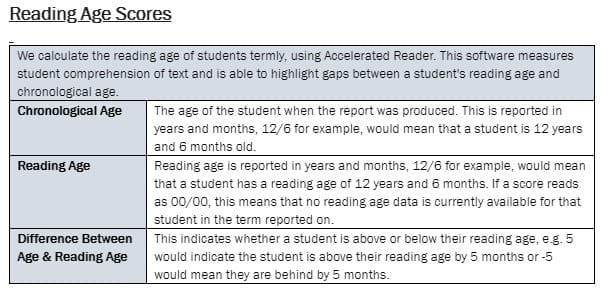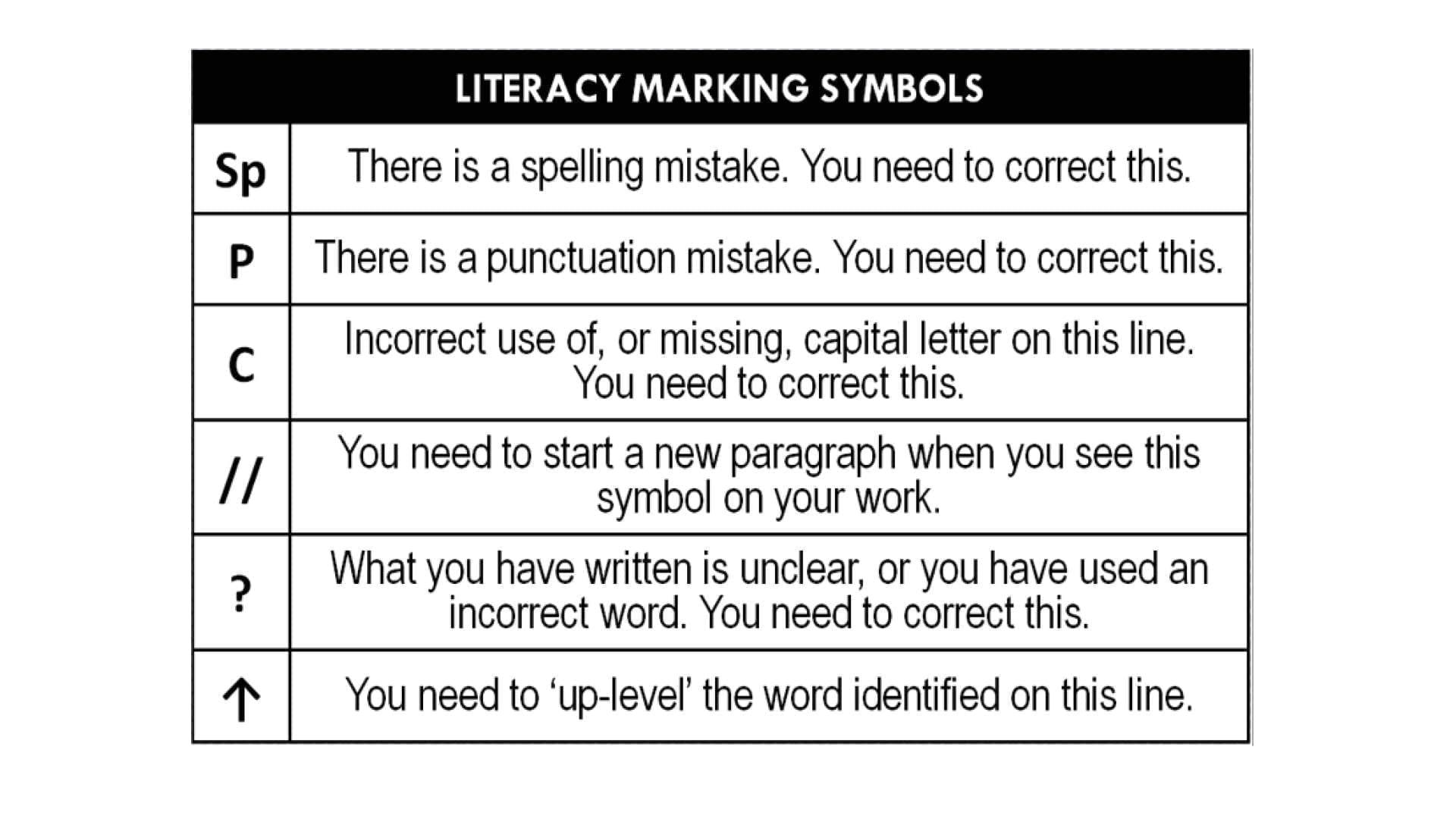What is Literacy?
Literacy is the ability to read, write, speak and listen in a way that lets us communicate effectively and make sense of the world. Literacy and numeracy are the fundamental skills that every young person needs to be able to function and make progress at school, work and in society in general. Improved literacy leads to improved self-esteem and motivation; it enables students to learn independently and it is personally empowering.
Literacy at Westbourne
We believe that literacy should be intrinsically woven into the fabric of school life and involve all staff; particularly considering the increased rigour and challenge of the latest Key Stage Four examination courses. Literacy skills underpin student progression across all subjects and consequently, all teachers at the academy, regardless of subject specialism, are teachers of literacy and take opportunities to embed literacy practice within their lessons.
Should you have any questions or queries relating to literacy at Westbourne, or your child’s reading age, please contact Mr Cole, Assistant Principal:
Literacy across the Curriculum at Westbourne
We are fully committed to improving students’ literacy skills at every opportunity. Teachers take part in regular training on literacy, in order to best support student progress in lessons. Some of the approaches to literacy in the classroom implemented at Westbourne are detailed below.
At Westbourne, we believe that regular reading is vital to academic success. Research shows that children who read widely and often, do better in school than those who do not.
The average reading age required to fully access and comprehend Key Stage 4 exam materials is 15 years and 7 months, however, research shows that the average actual reading age is significantly behind this, at just 10 years and 7 months.
Exams are getting tougher, year after year. If by the time our students take their final exams in Year 11, they cannot confidently access the increasingly complex academic language within them, then they are far less likely to achieve their full potential.



